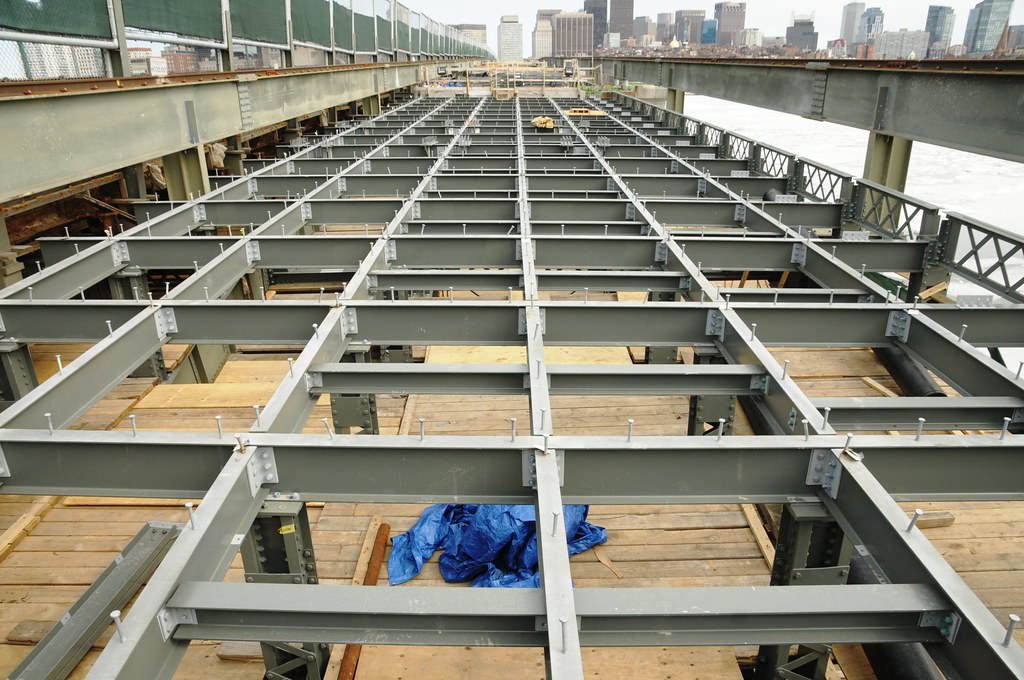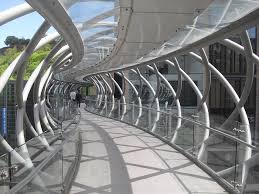Costs for building construction have risen so much over the years that people are thinking of investing in other types of materials. Metal provides several advantages over other more traditional building materials. However, it seems that most of that knowledge remains unknown for many people since not everyone is familiar with the construction industry. There are many reasons why steel buildings are becoming the best and most feasible alternative for any building materials. With this in mind, below are listed top 10 reasons why a metal building could be the best possible choice for your next building project.

1. Fast and efficient construction
Metal buildings take a fraction of the building time, compared to other kinds of buildings. Constructions can be assembled quickly and efficiently in all seasons, besides only a small, skilled team of workers is required to carry out the work. Steel allows for precise, accurate assembly because components are pre-manufactured off site in the factory based on the building project specification. Depending on a project’s scale and complexity, a whole frame can be erected in a matter of days or weeks. It corresponds up to 40% reduction in construction time relative to on-site construction.
2. Economical savings
Any building is an investment. However, pre-engineered metal buildings are one of the most economical choices available. Because of it’s own strength, steel is very economical material. Less constructive components are required and there’s no need to build solid load-bearing walls. Steel structures can be significantly lighter than concrete equivalents and require smaller, less extensive foundations. All of this means that you will save time on construction and labor costs.
3. Ease of maintenance
The savings don’t stop after construction ends, though. Metal actually offers better lifecycle returns because it’s less expensive to maintain and lasts significantly longer than alternative materials. Constructions feature durable coatings and paints that boast a service life of up to 40 years, preventing rust and corrosion. Building will serve several decades long without significant interference. Basically, the only maintenance required is the occasional washing of the external walls, clearing snow from the roof, etc.
4. Design freedom
Perhaps, to many people metal is still associated with the boring “box” type buildings, however modern construction technology allows a project of almost any size and shape. You can customize building exterior with a wide choice of finishing materials to achieve the look you want. Steel gives architects more freedom to explore ideas and develop fresh solutions. It has a capacity to bend to a certain radius, creating segmented curves or free-form combinations for facades.

5. Elastic expansion options
When a company grows, there might be a need to modify or expand the existing building. Steel buildings are among the easiest of structures to modify, no matter the shape or size. Thanks to the constructive properties, modifications in no way affects the overall structural integrity of the building. Repositioning walls, building new space and adding it to the existing framework – all of these are easy tasks, with shorter construction times and lower costs.
6. More open space
Steel sections provide an elegant, cost-effective method of spanning long distances. Extended steel spans can create large, open plan, column free internal spaces. Overall width and length of the building is not limited. Minimizing the number of columns makes it easier to subdivide and customize spaces. These open spaces also increase the building’s value, as it can be used for any number of things, and make it a more competitive piece of real estate.
7. Proven durability and longevity
Unlike many materials, steel’s behavior remains consistent and predictable with time. Metal is insect-resistant, mold-proof, noncombustible, and it doesn’t warp or shrink. When treated properly, metal also resists corrosion and rust. Steel structures and their joints are effective against weather-induced loads of severe storms, earthquakes, and a thick blanket of snow.
8. Fire resistance
Extensive testing of structural steel-work components for many decades has provided the industry with a thorough understanding of how steel buildings respond to fire. Steel has been tested more than any other building material. This has allowed to develop precise specifications of fire protection requirements for steel-framed buildings.
9. Energy efficiency
Metal buildings are energy efficient. You will spend less money trying to keep a metal building hot or cold in the extreme temperature months since metal buildings are so much better at retaining the inside temperature. Heat radiates quickly from steel roofing and walls, creating a cooler environment in hot weather. In cold climates, double steel panel walls can be well insulated to better contain the heat.
10. Eco-friendly material
Steel is the world’s most recycled material, and unlike many other recyclable products, it does not lose its strength and structural properties after being recycled. Steel is 100% recyclable and produces minimal waste. It also saves on the use of natural raw resources since around 30% – 50% of today’s new production is already being made from recycled material. Besides, reuse of materials is less intensive and energy consuming as compared to new production.



















